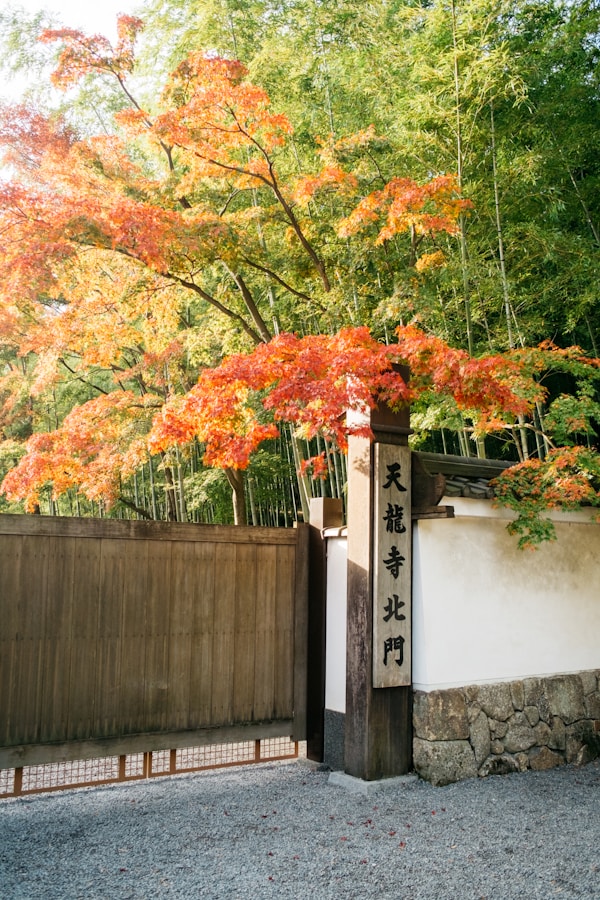.svg)
🌟 What is an "Akiya" in Japan? 🌟
.svg)
.svg)
.svg)

In the real estate market, certain properties may be labeled as "stigmatized." These properties often carry a negative perception due to events that have occurred within them, which can significantly impact their desirability and value. In Japan, stigmatized properties, known as "jiko bukken" (事故物件), are a notable aspect of the housing market. Here’s a closer look at what stigmatized properties are and how they affect real estate in Japan.


In the real estate market, certain properties may be labeled as "stigmatized." These properties often carry a negative perception due to events that have occurred within them, which can significantly impact their desirability and value. In Japan, stigmatized properties, known as "jiko bukken" (事故物件), are a notable aspect of the housing market. Here’s a closer look at what stigmatized properties are and how they affect real estate in Japan.

A stigmatized property is a real estate term used to describe a property that has a negative reputation due to past events. In Japan, these events often include:
Stigmatized properties generally face several challenges in the market:
In Japan, real estate agents and sellers are legally required to disclose certain information about a property's history to potential buyers and tenants. This includes any incidents of unnatural deaths or significant criminal activities that have occurred on the premises. However, the extent of this disclosure can vary:
Prospective buyers and tenants can take several steps to identify stigmatized properties:
While stigmatized properties can present challenges, they also offer potential opportunities for certain buyers and investors:
Stigmatized properties in Japan, or "jiko bukken," represent a unique aspect of the real estate market. While they come with challenges due to negative perceptions and lower desirability, they also offer opportunities for savvy investors and buyers willing to look past their history. Understanding the implications of owning or renting a stigmatized property is crucial for making informed decisions in the Japanese real estate market.
By recognizing what stigmatized properties are and how they affect the market, potential buyers and investors can better navigate the complexities of real estate in Japan.
Start your journey with Luxey today! Sign up for free and get instant access to the best property listings.



